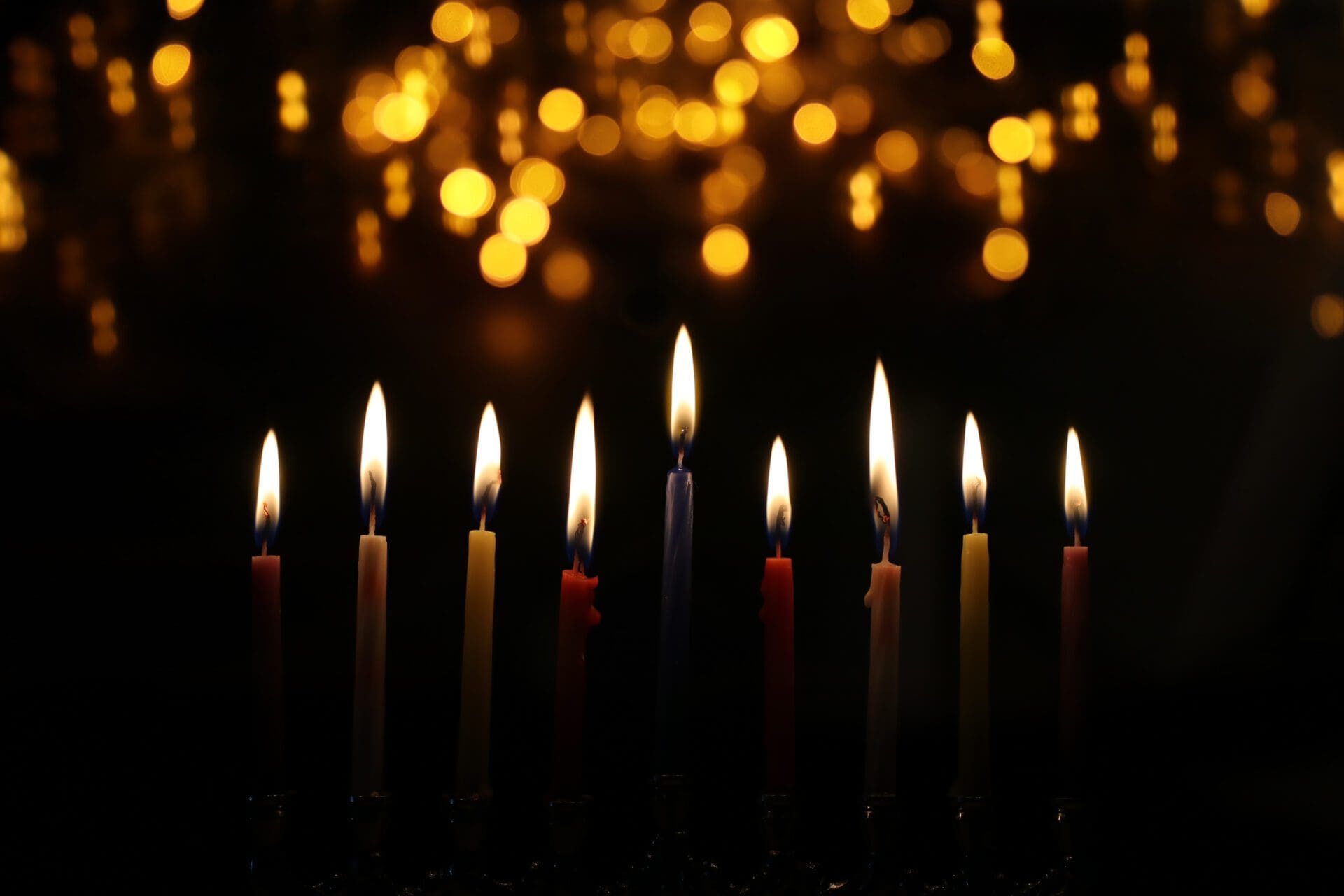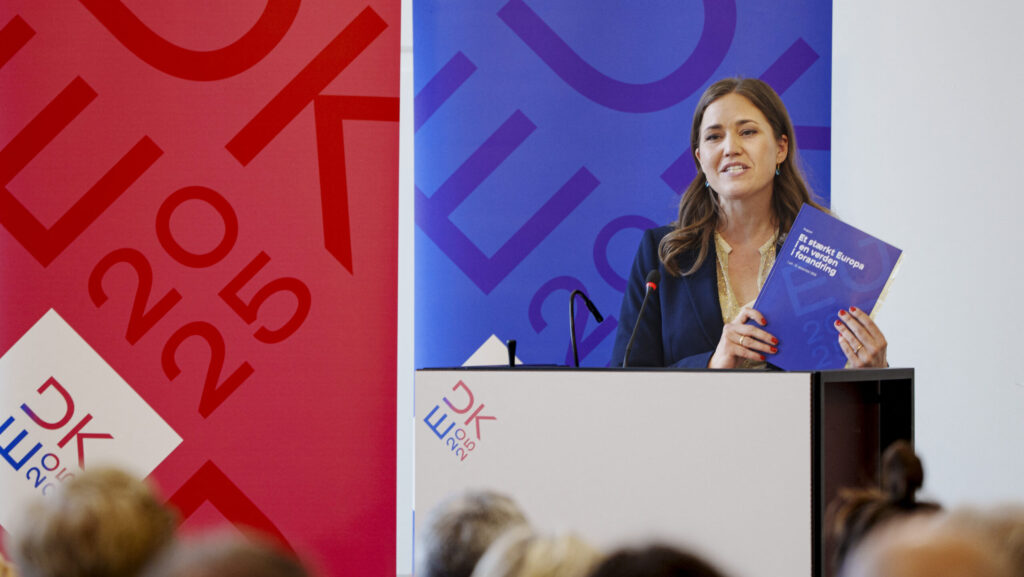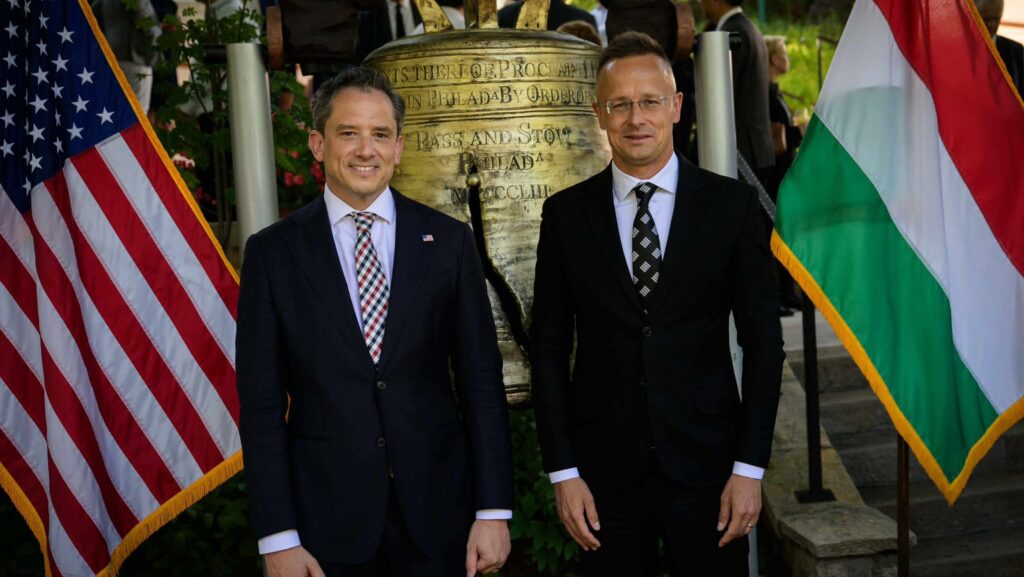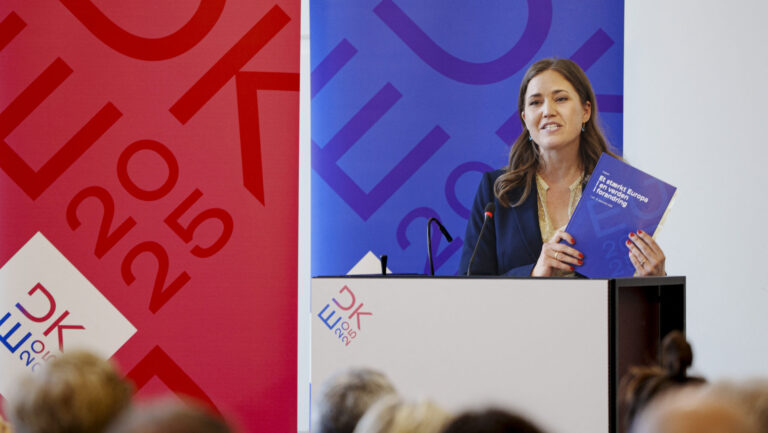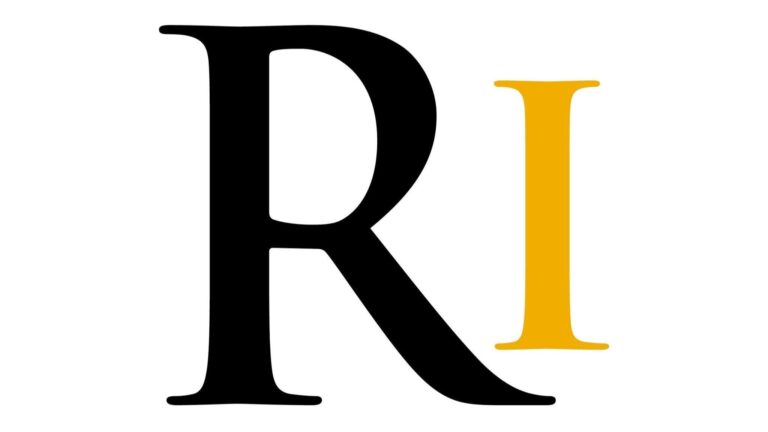Hasidic Jewish refugees from Ukraine celebrated the first day of Hanukkah at a kosher shelter at Hungary’s Lake Balaton in Balatonőszöd, Reuters reported on 18 December.
An elderly man in a community of Hasidic Jewish refugees from Ukraine lit the first candle of Hanukkah at a shelter located in Hungary, which is home to around 150 people on the southern shore of Lake Balaton.
Saul Melamed, who first fled from Donetsk to Kyiv years before the Russian invasion, and then recently to Hungary, sang at the solemn candle lighting with families standing around as they celebrated their first Hanukkah away from their war-torn homeland.
‘I think materially it is different here because in our home we had very beautiful Hanukkah [menorah] of silver… but on the other hand here we have such a community, such a warm atmosphere of Hanukkah,’ Melamed said on Sunday, smiling.
‘I’m still hoping to go back to Ukraine, I can’t be as optimistic as to say that it will end till the next summer, it seems to be a long time story, but still my plans are to return.’
The Largest Jewish Rescue Village in Europe
Reuters’ reporter Krisztina Fenyo noted that ‘Machne Chabad’, the kosher Rescue Village for Ukrainian Jewish Refugees is the largest Jewish rescue camp in Europe, open to all Jews fleeing the war in Ukraine. The kosher shelter in Balatonőszöd is run by the Association of Hungarian Jewish Communities (EMIH) and the Federation of the Jewish Communities of Ukraine, with the support of the Hungarian government.
The 18-hectare resort village near Lake Balaton had been abandoned for several years and needed significant restoration before it could be re-opened to accommodate Jewish refugees. Now it can shelter almost 500 people, whose special religious requirements are taken into account.
The camp provides housing, kosher meals, a synagogue and education facilities for children,
and also assists women and elderly people who had to leave their male relatives at home. The cost of the meals is around $20–30 per person per day which is financed from donations arriving mainly from the United States. The resort also hosted a number of Jewish Ukrainian summer camps, which could not be held at their usual locations this year.
‘No one can predict how long the war will continue. But as long as these people are not able to return to their homes—and many of their homes have sadly been destroyed by bombs—we intend to provide them with this home away from home,’ said Rabbi Slomó Köves of Chabad in Hungary and chief rabbi of EMIH.
In the first weeks of the war, as refugees streamed over the borders of Ukraine, many ad-hoc refugee camps were set up in Moldova, Romania, and Poland. But those were always short-term solutions, and as the war grinds on with no end in sight, new programmes to deal with the refugee problem are taking shape, wrote Chabad.org. This is how the Kosher refugee camp in Hungary was opened in the spring, as Hungary also faced a growing influx of refugees from Ukraine, including religious Jewish families. Since the outbreak of the war, more than 16 million Ukrainians have fled the war-torn country, and
around 1.8 million refugees have crossed Hungary’s border.
Since day one, when the first displaced Ukrainians arrived in Hungary, the country has stood as one to assist those in need. Beside the government’s measures that included setting up a humanitarian transit centre, launching a fundraising programme, providing free of charge travel, housing and education to the asylum seekers, as well as sending aid to Ukraine within the framework of the Bridge for Transcarpathia initiative, Hungarian NGOs, charities and individuals have also offered selfless assistance to the refugees.
Thriving Jewish religious life in Ukraine has been shattered by the war. More than half of its communities have been evacuated, finding refuge around Europe and Israel. Around 2,000 people have passed through the ‘Machne Chabad’ camp so far, some only stopping over before setting off to Israel, Western Europe or the U.S., while other families have settled in for the long term. Thriving Jewish religious life in Ukraine has been shattered by the war. More than half of its communities have been evacuated, finding refuge around Europe and Israel.
‘Hungary Has Set an Example in Helping Ukrainians in Need’
In June, the President of the Federation of Jewish Communities of Ukraine (FJCU), Rabbi Mayer Tzvi Stambler, wrote a letter to Prime Minister Viktor Orbán thanking Hungary for taking in Jewish refugees from Ukraine, and expressing his hope that peace will soon be achieved in Ukraine.
‘In Europe, a terrifying and bloody war is raging and millions of people are forced to leave their homes in the hope that they will find a safer place and future. This is why we consider it important that from the first moment of the crisis, Hungary has set an example in helping Ukrainians in need, including the members of the Jewish community,’ the rabbi emphasized. In a time of instability and uncertainty, friends and mutual support is needed more than anything else, he concluded.

